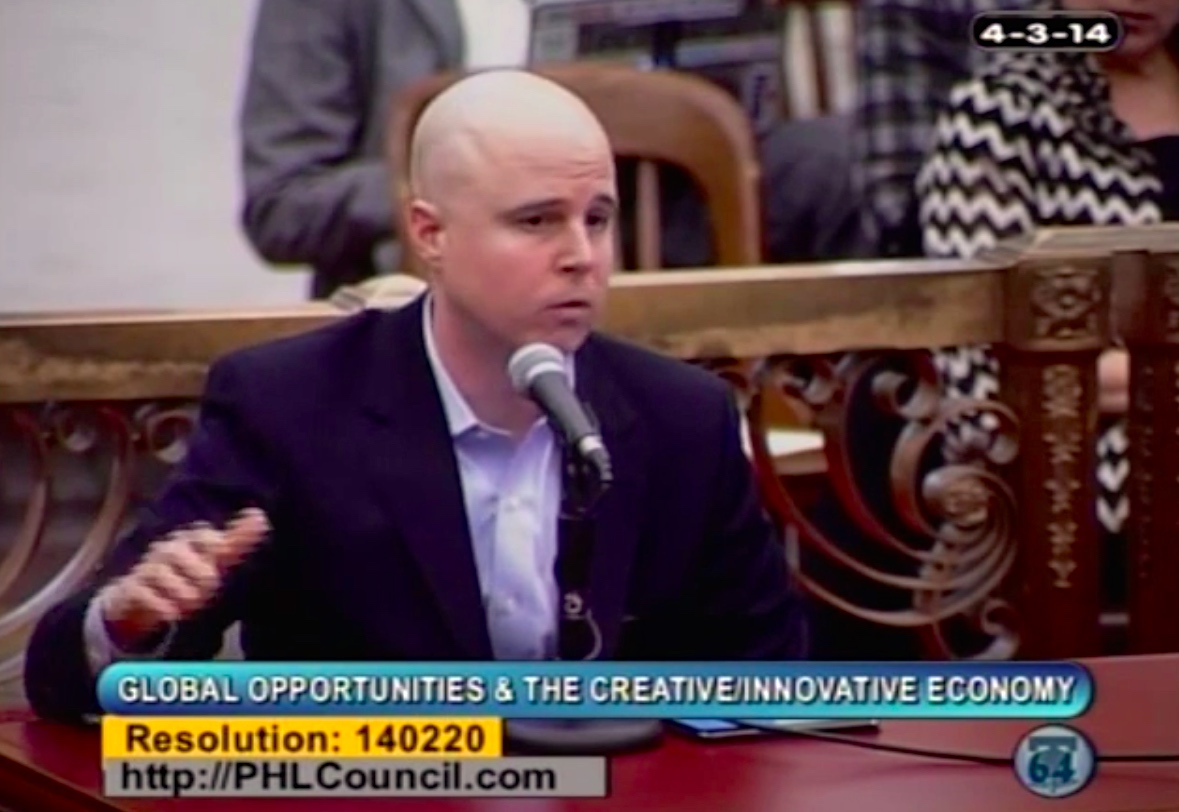Fourteen years ago when Chris Cera graduated Drexel in his early 20s, he felt like all his tech friends were leaving Philadelphia for jobs elsewhere, though he found a way to stay. Since then, Philly’s bad reputation for losing freshly graduated college students has largely turned around. Today, Cera, the CEO of web and mobile development company Arcweb, is noticing a new wave.
More and more people in the tech community are now staying in the Philadelphia area, but for all the success in growing a dense urban core of innovation, Cera says he fears there’s a new kind of drain. Now that he’s in his 30s, the new tech friends he’s made are leaving the city for suburbs, almost entirely for the perception of more reliable and better-funded public schools. It’s something he said last spring at a Philly Tech Week City Council hearing.
“The technology community here is significantly stronger. There are way more groups, way more entry points, a lot of access to information that, previously, was unavailable,” he said. “[But] the schools crisis is going to become a dominant part of the Philly tech scene’s conversation.”
This isn’t entirely new, that relatively young, mobile knowledge workers are highly demanding in their offerings. Some new parents are rallying around their neighborhood schools. Some parents learn to navigate the School District of Philadelphia to hit its most successful corners. But others are simply leaving.
Last year, Venturef0rth cofounder and entrepreneur Jesse Kramer moved from Queen Village because of the confusing high school choice process for his kids, according to a social media posting. Journalist Patrick Kerkstra did the same and wrote about it. City of Philadelphia Director of Civic Technology Aaron Ogle faced residency requirements when he took the job because he and his wife were commuting from the suburbs.
There are many great programs and compelling schools in Philadelphia, but it can still feel like a gamble, Cera has said. Consider what some technologists might find in even some of the more celebrated schools in Philadelphia.
Joseph Ippolito, a teacher at the Philadelphia High School for the Creative and Performing Arts (CAPA), says that the hardware he uses might not impress a technology community.
“You have these old laptops,” said Ippolito, who was originally hired as the tech leader for the school but is also an English and creative writing teacher. “They become pretty useless. Except for very basic things like typing up a document and sharing it or printing something, or basic research. You can’t do a whole lot of stuff with them.”
Principals can feel that their budgeting for technology requires a new kind of skill. Where should a school invest its IT budget?
“It could mean additional laptop carts, it could mean more smart boards, it could mean tablets,” said Joanne Beaver, principal at CAPA. “We have to assess the needs at the time and what we feel will benefit the academic program the most. There is definitely a lack of technology in the building.”
Paige Czyzewski, 22, an alumna of CAPA agreed that there needs to be a boost in tech for the school system.
“Considering how technology shapes our world, I feel like every child should be learning to use technology,” said Czyzewski. “I understand the problems with the Philadelphia School District, I get that. But technology is extremely important.”
Due to this lack of technological focus in the schools, younger people now need to rely more on volunteer groups in the area for hyper-intensive training.
Christian Kunkel, who leads the edtech initiative at web dev firm Jarvus Innovations and is an organizing member of the volunteer coding group Code for Philly, has been involved in some of these groups. For example, he’s on the board of Coded by Kids, a small nonprofit that offers youth coding classes. Kunkel said that the groups within the area have a large network of supporters, but always need more room to grow.
“As an organization, that can be the connecting point between government, technology and education,” said Kunkel. “We think we can support them and facilitate their operation to be larger and more effective.”
A lack of technology might not be the only problem. Philly schools have faced troubling times before, and this causes a shift in the attitude of people towards those schools.
“People say, ‘Oh, you’re going to send your kid to a Philly [public] school?’ It’s a perception problem,” said Cera. “A lot of my friends in the last three to four years have left the city to start families, or their kids were of school age and they felt embarrassed explaining to their friends that they are going to a Philly school.”







